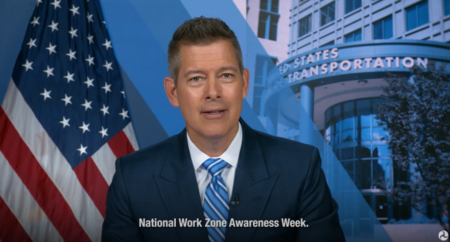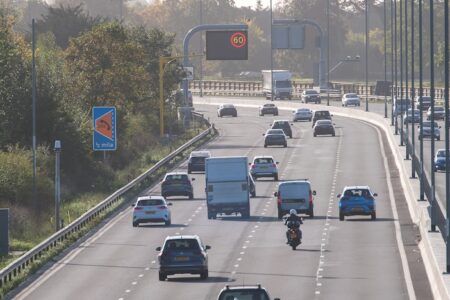A meeting in Dubai between the Roads and Transport Authority (RTA) and the Dubai Police has discussed the Assessment of Traffic Accidents Management Project in the emirate, and reviewed the proposal of establishing Traffic Accidents Management Units. The units are intended to: provide traffic support during crashes, ensure the rapid clearance of vehicles involved in minor traffic accidents, as well as broken-down vehicles to ease and alleviate traffic congestion; streamline the traffic flow at the site of the crash and surrounding roads; cut short the time of clearing vehicles involved in accidents; and avoid the onset of potential secondary accidents as a result of sudden congestion. Major-General Khamis Mattar Al Muzainah, the chief of Dubai Police, noted some of the country’s traffic jam hotspots, and was briefed on the solutions that have been proposed by the RTA, in order to address them, which involve construction projects that will be started in the near future.
The two parties discussed the proposed Organizational Chart of the Traffic Accidents Management Unit, and the setting up of a joint Operations Room for the Dubai Police, RTA and some strategic partners. A tentative agreement has been reached as regards to the Roles & Responsibilities of the RTA and the Dubai Police in the Accidents Unit, and the signing of Service Level Agreement detailing the roles of each party. The two parties have also agreed to start the trial application of the Traffic Accidents Management Unit in sectors of the Sheikh Zayed Road, Sheikh Mohammed bin Zayed Road and a 62 miles (100km) sector of the Dubai-Al Ain Road, with an assessment of the pilot over a period of one to two years.
The meeting also reviewed the report submitted by the UK’s Transport Research Laboratory (TRL), which acts as a consultant to the RTA, and was tasked to study the Assessment of Traffic Accidents Management Project in Dubai, and benchmarking it against the world’s best practices in countries with advanced traffic practices, such as the UK, USA and Singapore. The study showed that the cost of traffic congestion in the emirate is estimated at AED3.5bn (US$953m) a year, with AED1.8bn (US$490m) attributed to holdups triggered by traffic accidents. The figures reveal that traffic accident-related tailbacks account for up to 51% of the total cost of congestion, whereas this rate in countries with advanced traffic systems is as low as 25%. The TRL study also reported that the improvement of roads in Dubai reached 48% between 2006 and 2014, and crashes escalated by 16% between 2011 and 2013. The report also pointed to the massive increase in the number of vehicles on the county’s roads, and the huge projected increase in vehicle numbers over the next few years, particularly during the lead-up to Expo 2020.




